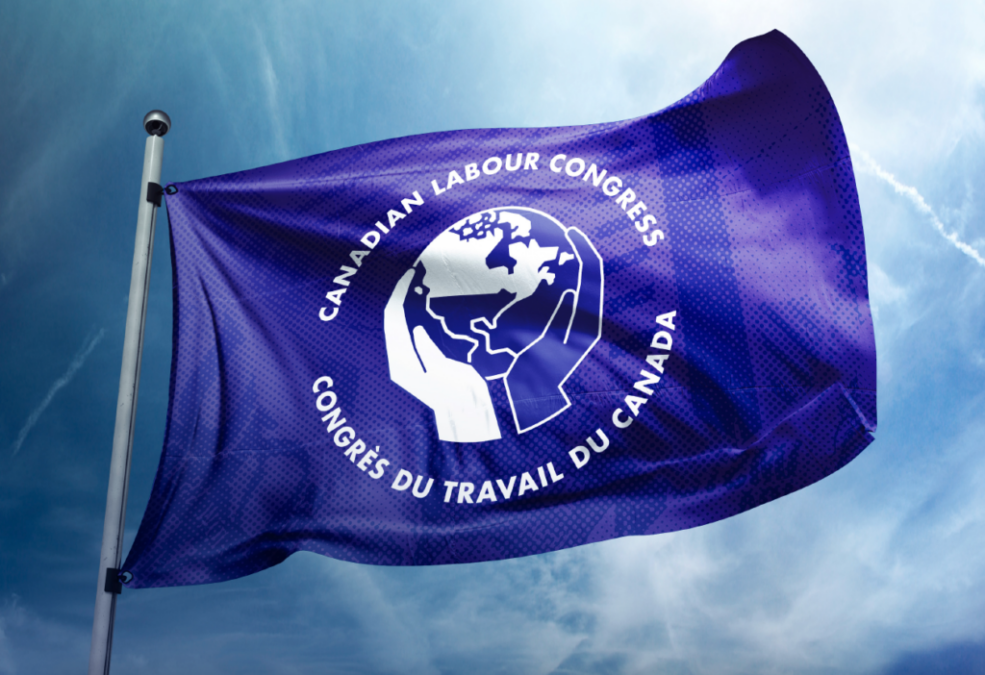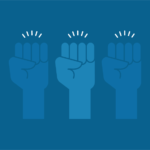
Equal pay for work of equal value: it’s long past the time for employers and governments to get it right on pay equity
Canada’s unions are calling on governments around the world, at all levels, to take urgent action on pay equity. This includes addressing pay disparities in jobs dominated by women, like the care sector, and lessening the burden of unpaid care that is disproportionately shouldered by women around the world.
“The global care economy is in crisis. Here in Canada, underfunding, privatization and a lack of resources and supports for care workers has led to critical understaffing,” said Bea Bruske, President of the Canadian Labour Congress. “Each of us will need care at some point in our lives, but the shameful undervaluing of care workers – who are mostly women – has brought our care systems to the brink of collapse. Care workers are there for us during some of our most vulnerable moments, so we must support them in demanding better. Governments can’t claim to want to achieve pay equity while simultaneously ignoring the care crisis.”
In Canada, care jobs employ roughly one fifth of all workers, with women occupying 75% of those positions. Canada benefits greatly from both paid and unpaid care, with these services contributing tens of billions of dollars to the country’s economy. But successive rounds of cuts and concerted efforts at privatizing services have created a patchwork system, which is struggling under the weight of chronic underfunding and now, a global pandemic.
Meanwhile unpaid care, which is most often done by women, can impact women’s participation in the job market. Care responsibilities can significantly hinder a woman’s ability to access and maintain a good, stable job with decent pay.
Canada’s unions recently launched Show We Care, a national campaign aimed at raising the profile of care workers in Canada and addressing the mounting care crisis.
In Canada, it is estimated that the increased demands for care driven by the ageing population will add $93 billion to health care costs by 2028. And yet, according to the OECD, Canada falls near the bottom among wealthy countries in public expenditure on social services. The tragic losses of life in for-profit long-term care homes point to the failures of the private, for-profit model. These institutions have less staff, fewer hours of care per resident, more complaints from residents and family, more acute care hospital admissions, and higher mortality rates than public long-term care homes.
“Chronic underfunding has led to an erosion of available care, which has drastically increased the cost of care services. In addition to insufficient wages, poor working conditions, lack of support for workers, and harassment and violence in the workplace are driving workers out of the care sector,” said Siobhán Vipond, Executive Vice President of the CLC “To mark International Equal Pay Day, Canada’s unions are calling on our federal government to make immediate investments across all care sectors, to lift wages for underpaid care workers and ensure good jobs that result in high quality care for people in Canada and their families.”
International Equal Pay Day – marked annually on September 18 – was created by the United Nations General Assembly in 2019 and first marked in 2020.








